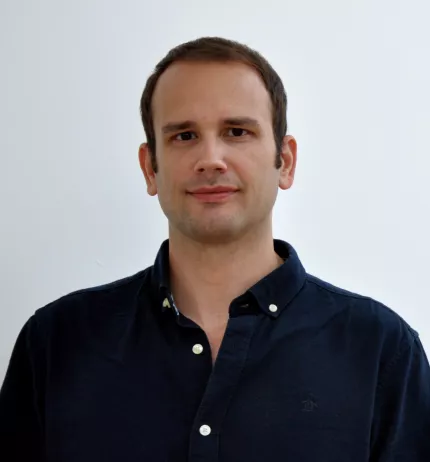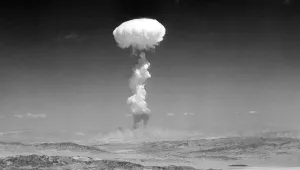
Jonathan Hunt
Quick Takes
Quick perspectives on today's pressing topics
-
 AP Photo, File
AP Photo, FileNew START Expires: What Happens Next?
If the expiration of New START heralds of new arms race, it won’t be with Russia. When historians explain why strategic arms reductions between the...
Bio
Jonathan R. Hunt is an assistant professor in the Strategic and Operational Research Department and a core faculty member in the Deterrence Studies Institute at the U.S. Naval War College. He is the author of The Nuclear Club: How America and the World Policed the Atom from Hiroshima to Vietnam (Stanford University Press, 2022) and editor (with Simon Miles) of The Reagan Moment: America and the World in the 1980s (Cornell University Press, 2021). Before arriving in Newport, he was an assistant professor of strategy at the U.S. Air War College, a lecturer in global history at the University of Southampton, and held fellowships at Emory University, RAND Corporation, and the Center for International Security and Cooperation at Stanford University. He has been a visiting scholar at the Nuclear Security Program of the Jackson School of Global Affairs at Yale University, the Davis Center for Russian and Eurasian Studies at Harvard University, and the Kennan Institute of the Woodrow Wilson International Center for Scholars.
Jonathan’s research bears on the international non-proliferation regime, nuclear strategy, arms control, international law, and grand strategy during and after the Cold War. Recently, he has undertaken two lines of new research. The first examines the role played by U.S. military mapping, basing, infrastructure, shipping, and communications to the integration of Pacific economies since 1945. The second studies the fallacies and flaws of Soviet grand strategy with an interest in casting in sharper relief potential sources of strategic failure in cases of great-power competition. He is also wrapping up a years-long global research consortium on the negotiating history of the Nuclear Non-Proliferation Treaty that Carnegie Corporation of New York funded from 2018 to 2021. One outcome of this consortium will be a special issue of Cold War History featuring ten new articles on the treaty’s conception.
Jonathan has written for The Atlantic, the Washington Post, War on the Rocks, and Foreign Policy. He received his B.A. in Plan II Liberal Arts Honor, History, and Russian, East European, and Eurasian Studies and also a Ph.D. in History from the University of Texas at Austin.
Programs & Projects
-
Program
-
Project
